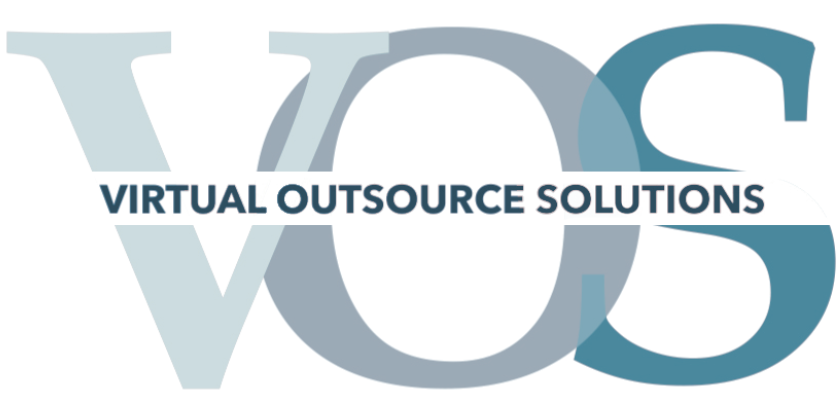Working Smarter, Not Harder: What Advisors Often Overlook About Outsourcing
After more than a decade supporting fee-only advisors, one pattern stands out: even the most efficient professionals sometimes underestimate just how much they can gain by letting go of the right tasks.
Below are a few of the most common questions we hear, and the lessons behind them.
What’s one thing most financial advisors underestimate about outsourcing?
The compounding effect of time.
Advisors often think outsourcing saves a few hours a week, but it’s really about regaining focus. When you delegate recurring tasks like client onboarding, meeting prep, or social media scheduling, you’re not just clearing your to-do list. You’re freeing mental bandwidth for high-value work: building relationships, deepening client trust, and strategic growth.
Value takeaway: Try tracking your next two weeks of “non-revenue” tasks. You may be surprised how many hours could be reallocated to client service or business development.
2. Why are fee-only advisors uniquely positioned to benefit from virtual assistant support?
Because your time is your firm’s greatest asset.
Fee-only practices often (intentionally) run lean. You don’t rely on product sales, so every client touchpoint matters. Virtual support lets you scale without sacrificing the personal attention that defines your model. From compliance tracking to marketing follow-up, a good virtual assistant acts as a seamless extension of your firm.
Value takeaway: Even established advisors can use virtual support to build consistency.
3. What are the first signs that an advisor is doing too much on their own?
Client follow-ups are delayed.
Your marketing feels reactive, not planned.
You’re working in the business, not on it.
When admin work starts creeping into evenings or weekends, it’s a red flag. Those “just 15 minutes” tasks are silent time drains that stall growth and increase burnout risk.
Value takeaway: Audit your week for recurring actions that could be documented and delegated. It’s not a loss of control; it’s operational leverage.
4. How has the role of a virtual assistant evolved in financial services?
Today’s virtual assistant is no longer “just admin.” They’re specialized operations partners who understand compliance, CRM workflows, and client communication standards. VOS team members are experts in CRM platforms like Redtail, Wealthbox, and Advyzon, and can spot inefficiencies advisors miss.
Value takeaway: Modern VAs help you work smarter inside your tech stack, not just around it.
5. What’s a common misconception about outsourcing admin or marketing tasks?
That it means handing off quality. In reality, it’s about designing systems that make quality repeatable.
A well-managed outsourced relationship doesn’t dilute your brand; it amplifies it. By documenting processes and clarifying standards, you can ensure every client interaction feels consistent, whether it comes from you or your support team.
Value takeaway: The goal isn’t to do less; it’s to do the right things more consistently.
Final Thought:
Outsourcing isn’t just about saving time; it’s about building the infrastructure that supports a sustainable, client-centered practice.
Even if you’re already working with a virtual assistant, take a moment this quarter to reassess how you’re using that support. You might uncover opportunities to streamline even further, or elevate your client experience in ways you haven’t yet imagined.
Visit www.thevosteam.com/what-we-do
to learn how a Client Service Specialist
can help you make the most of outsourcing.

